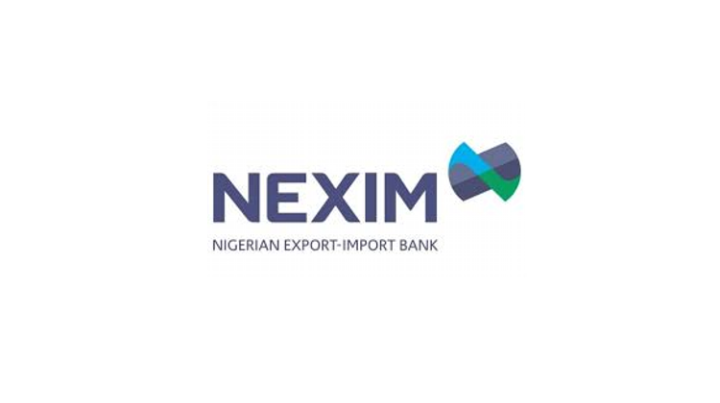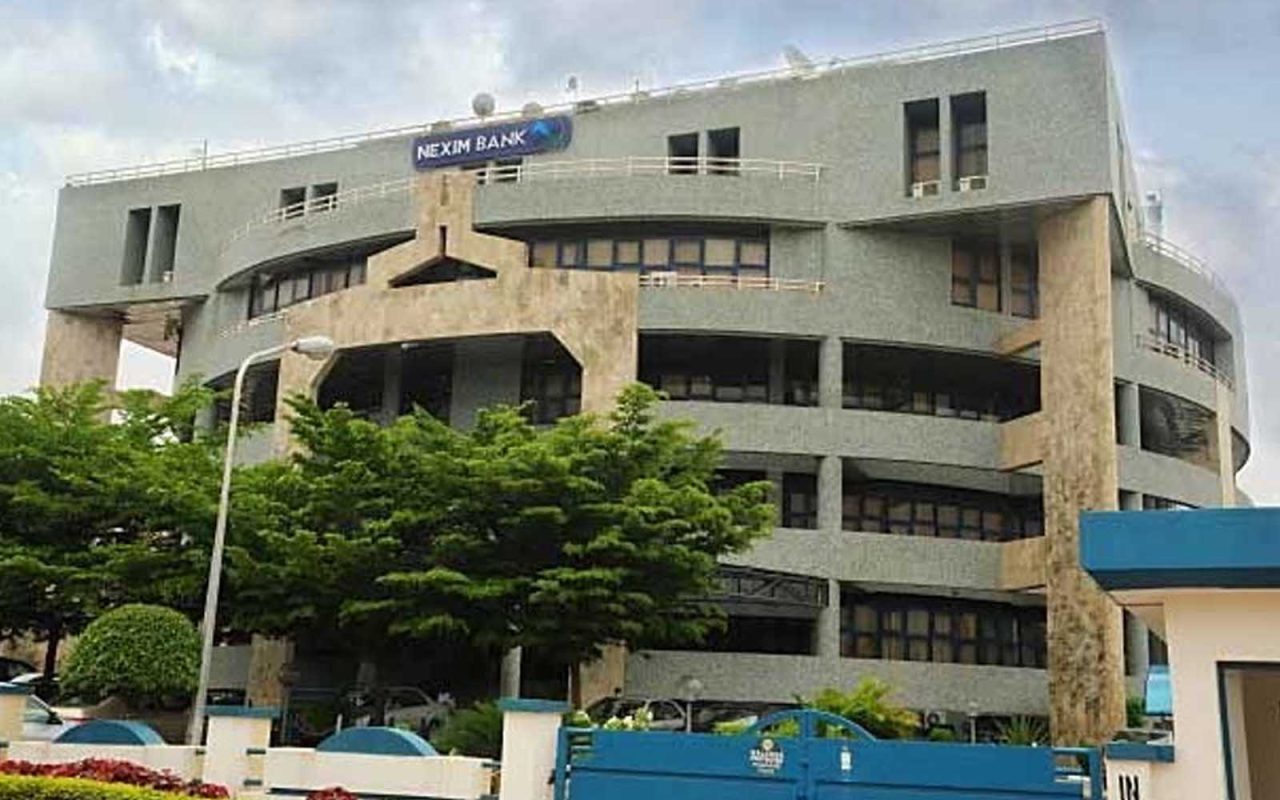The Nigerian Export-Import Bank (NEXIM) has announced a further expansion of its support to the non-oil export sector in light of its recent BBB+ credit rating from Agusto & Co. Limited.
The rating underscores the Bank’s solid financial standing and ability to meet obligations among development finance institutions in Nigeria.
For the year ending 2024, NEXIM posted a strong operating profit of ₦30.47 billion — more than double the ₦13.75 billion recorded the year before.
The performance illustrates both an increase in scale and improved operational efficiency. The Bank is wholly owned by the Nigerian government, via the Central Bank of Nigeria (CBN) and the Ministry of Finance (MOFI).
According to Managing Director Abba Bello, NEXIM has already disbursed over ₦495 billion in interventions supporting non-oil exports, helping to sustain and generate more than 36,000 direct and indirect jobs. To deepen impact, the Bank has rolled out several key initiatives, among them:

Regional Sealink Project — a public–private infrastructure venture aimed at strengthening maritime logistics across West and Central Africa.
Factoring Services—offering alternative export financing instruments suitable for small and medium-sized exporters.
Joint Project Preparation Fund (JPPF)—in collaboration with Afreximbank, this fund helps improve the bankability of export projects.
Moreover, Bello revealed that NEXIM is designing bespoke financing schemes for the mining sector—including contract mining, equipment leasing, and buyers’ credit/ECA (Export Credit Agency) financing. These are intended to unlock value in mineral exports and stimulate foreign exchange earnings.
Bello reiterated the Bank’s commitment to helping Nigeria “move up the commodity value chain” by bolstering local processing, increasing the quality of exported goods, and ultimately elevating non-oil export revenues.
As NEXIM aligns its strategic direction with the strong credit assessment, the enhanced liquidity, capital adequacy, and expanded intervention capacity signal confidence in its ability to undergird Nigeria’s non-oil export ambitions.
Whether these expanded efforts will translate into measurably stronger export growth in the coming months remains a critical watch point.


 Trending
Trending 








